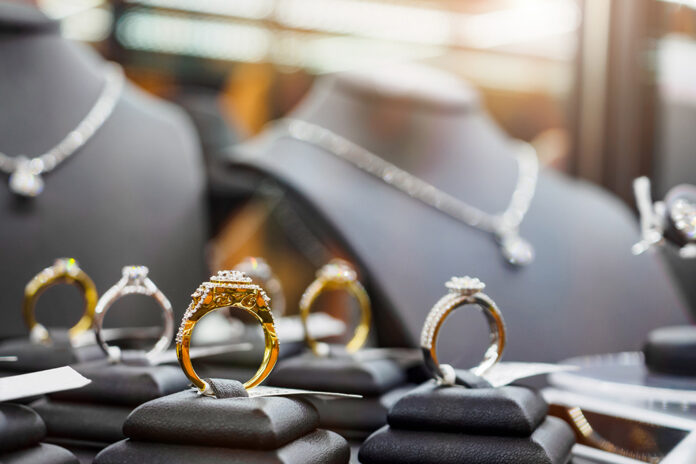Despite vigorous criticism about the Nazi-era origins of Heidi Horten’s wealth, an auction of the late Austrian billionaire’s jewelry became the most expensive public sale in history.
Spread over the course of two live auctions in Geneva on May 10 and 12 (a third online auction ends on May 15), a treasure trove of necklaces, bracelets, earrings and tiaras carried a presale estimate of $150 million. The first one totaled 138.3 million Swiss francs ($154 million), already setting a world record for a single-owner jewelry sale. The second, which contained fewer big-ticket lots, brought in 37.8 million francs, pushing the running total to 176 million francs as of Friday afternoon.
(The previous record was set in 2011, when a series of auctions of the late actress Elizabeth Taylor’s jewels made about $137 million at Christie’s.)
Nazi History
Horten died last year at the age of 81, shortly after opening an eponymous museum in Vienna. She derived her wealth from her late husband, Helmut, who made his fortune in part by buying department stores at deeply discounted prices from Jews who sold under duress during the Third Reich.
“This auction is doubly indecent: the funds that made it possible to acquire these jewels are partly the result of the Aryanization of Jewish property carried out by Nazi Germany,” Yonathan Arfi, the chairman of Crif (the Representative Council of French Jewish Institutions), wrote in a statement posted on the organization’s website. “In addition, this sale will contribute to a foundation whose mission it is to ensure the name of a former Nazi for posterity!”
Christie’s, for its part, acknowledges the origins of Horten’s wealth. A statement from Anthea Peers, the president of Christie’s EMEA, notes that all of the objects up for auction were purchased beginning in the 1970s and that “all of the Estate’s proceeds from the sale of this jewelry collection will be donated to a foundation that supports philanthropic causes, including medical research, children’s welfare, and access to the arts, pursuant to Mrs. Horten’s wishes.”
Additionally, Peers’s statement continues, “Christie’s has also committed to donate a significant portion of our commission to organizations that contribute to vitally important Holocaust research and education. It will be up to these organizations, if they so wish, to communicate about these donations.”
Spectacular Jewels
Much of the jewelry itself is spectacular. About half of the lots on the sale’s first day sold for more than $1 million each. Standouts included a ring featuring a 17.43-carat emerald from Harry Winston, which carried a high estimate of 650,000 francs and sold for just under 1.8 million francs, as well as a Bulgari ring with a fancy intense pink emerald-cut 6.99-carat diamond, which sold for 9.1 million francs, double its high estimate of 4.5 million francs.
The second live auction included a striking Bulgari ring with a 35.72-carat sapphire, which went for 403,000 francs, well above its high estimate of 270,000 francs. A substantial ruby and diamond necklace, showcasing rubies acquired from Cartier in the 1970s that were redesigned by Bulgari in 2000, soared above a 65,000-franc high estimate to sell for 277,200 francs.
Other pieces didn’t quite meet expectations. A colossal Harry Winston diamond necklace featuring the 90.36-carat “Briolette of India” diamond (originally acquired by Cartier in 1909) was estimated to sell for 9 million francs to 14 million francs but went for 6.3 million francs. And a 25.59- carat ruby ring from Cartier sold for 13 million francs, just missing its low estimate of 14 million francs.
Bidders came from around the world. For the first day’s sale they were divided evenly, the auction house says, among the Americas, Asia, Europe and the Middle East.
This article was provided by Bloomberg News.


